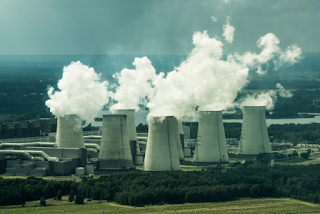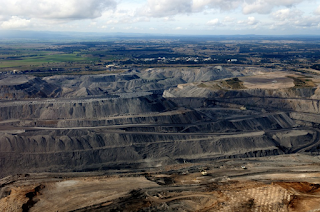- Short-haul air travel by regional flights of less than 300 miles, create the most carbon emissions because of the high fuel consumption during takeoffs and landings.
- Planes also emit carbon dioxide directly into the earth’s upper atmosphere, making it especially harmful.
- Trains use 50% less fuel per passenger than planes for the same trips.
- Bus travel emits less carbon dioxide than trains on short and long trips.
- On longer trips of more than 700 miles, train and plane emissions per passenger are comparable. Bus travel is still the greenest option.
- Solo car travel is the biggest culprit when it comes to emissions, producing nearly twice that of trains and three to four times that of buses.
- Reducing unnecessary trips, using buses, eliminating solo car travel minimizes carbon emissions.
Driving a car solo has the same basic climate impact as taking an 80% full plane flight a similar distance. It pays to carpool. Trains and buses have an average occupancy of only 40%. If the plane is full, it beats the solo car. If your travel is fully booked, the diesel bus comes out on top, followed by the high-speed train, the car with three people in it, then the medium aircraft. Environmentally speaking, the growth of air transport is not desirable. It can be good if people use their cars less and use train or bus rather than taking the plane instead.
Environmentally speaking - train is the best, followed by bus , then car with 3-4 persons, then solo car and lastly air travel. Business & First class air travel is 3-6 times burdensome on both costs and emissions.
Environmentally speaking - train is the best, followed by bus , then car with 3-4 persons, then solo car and lastly air travel. Business & First class air travel is 3-6 times burdensome on both costs and emissions.




